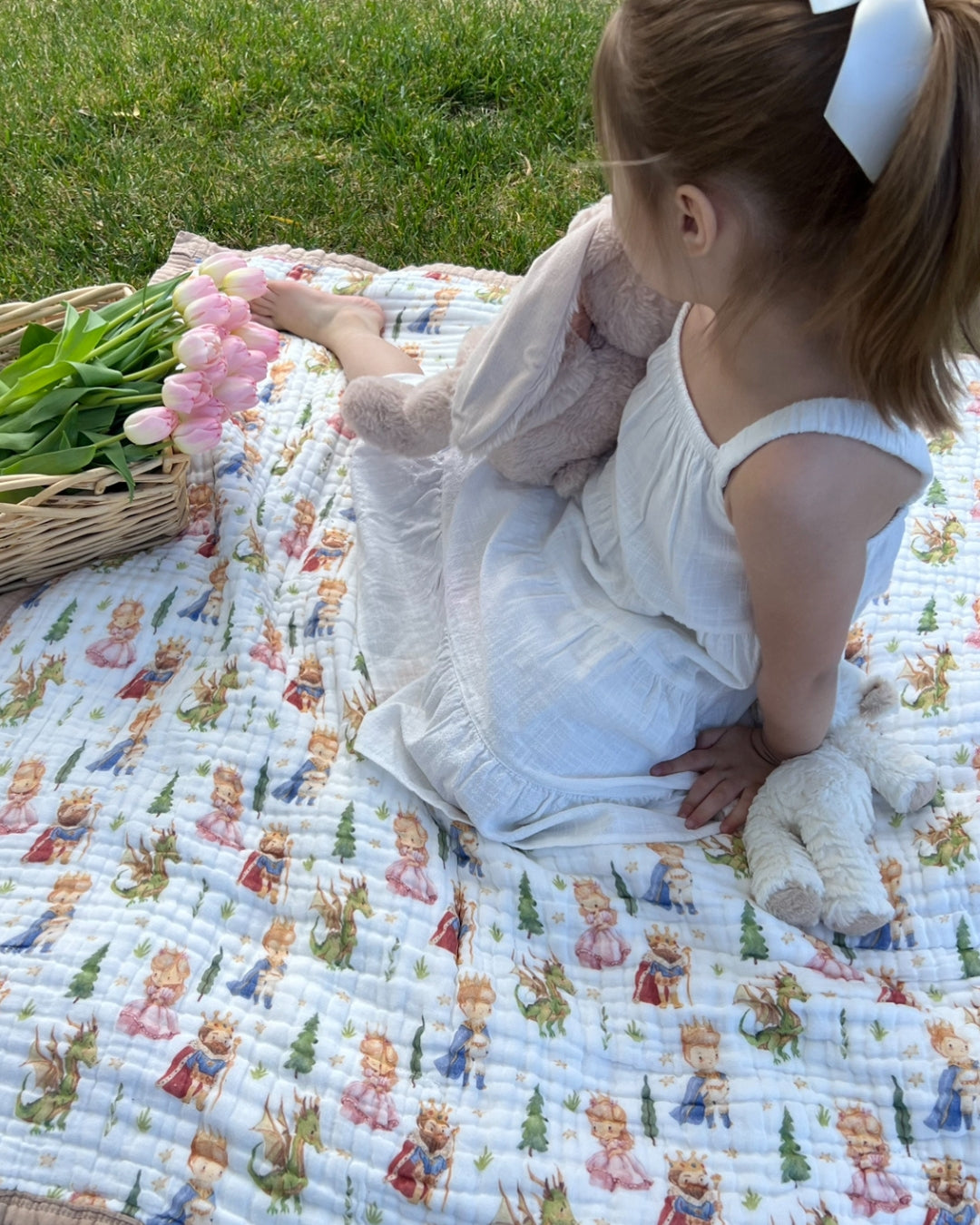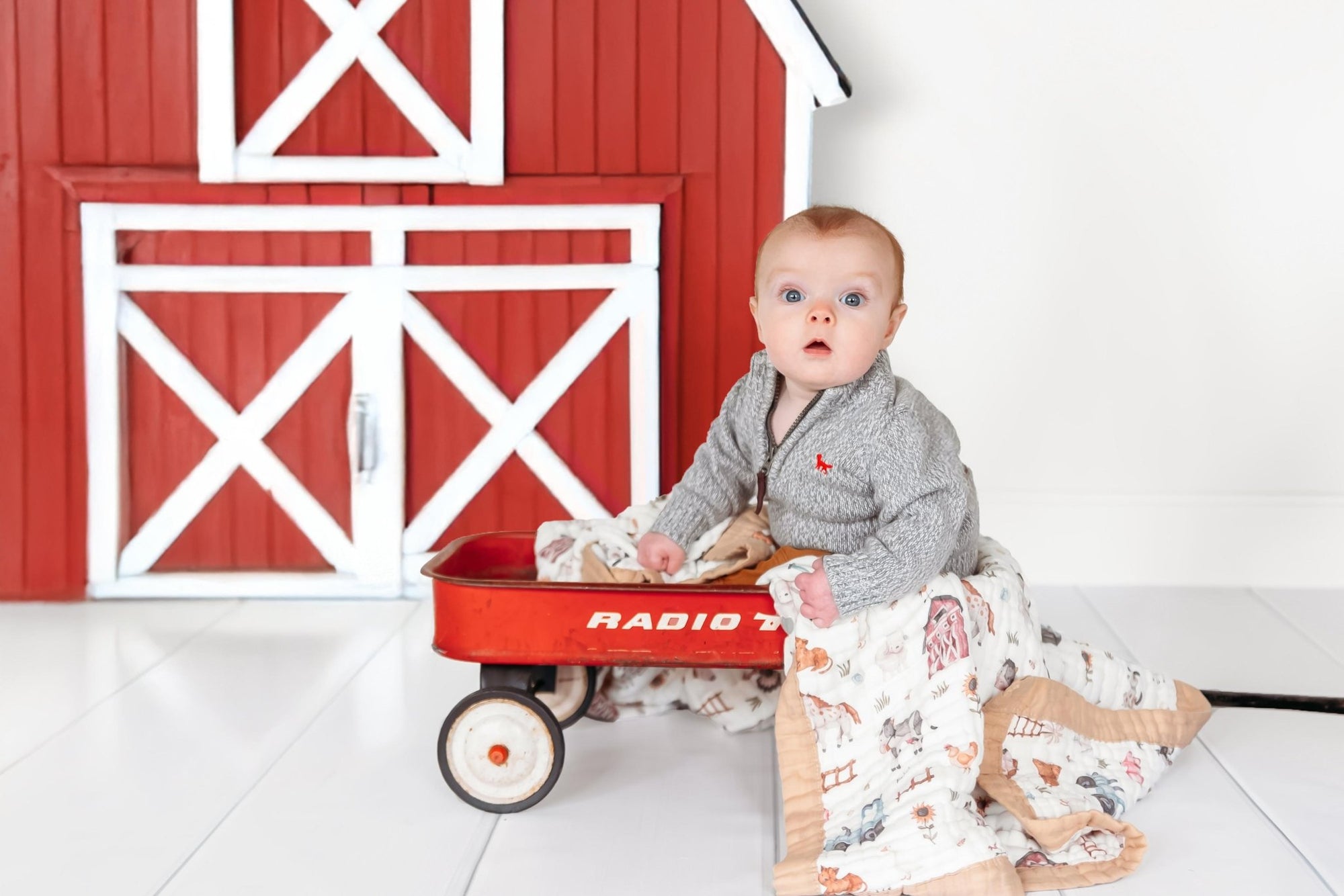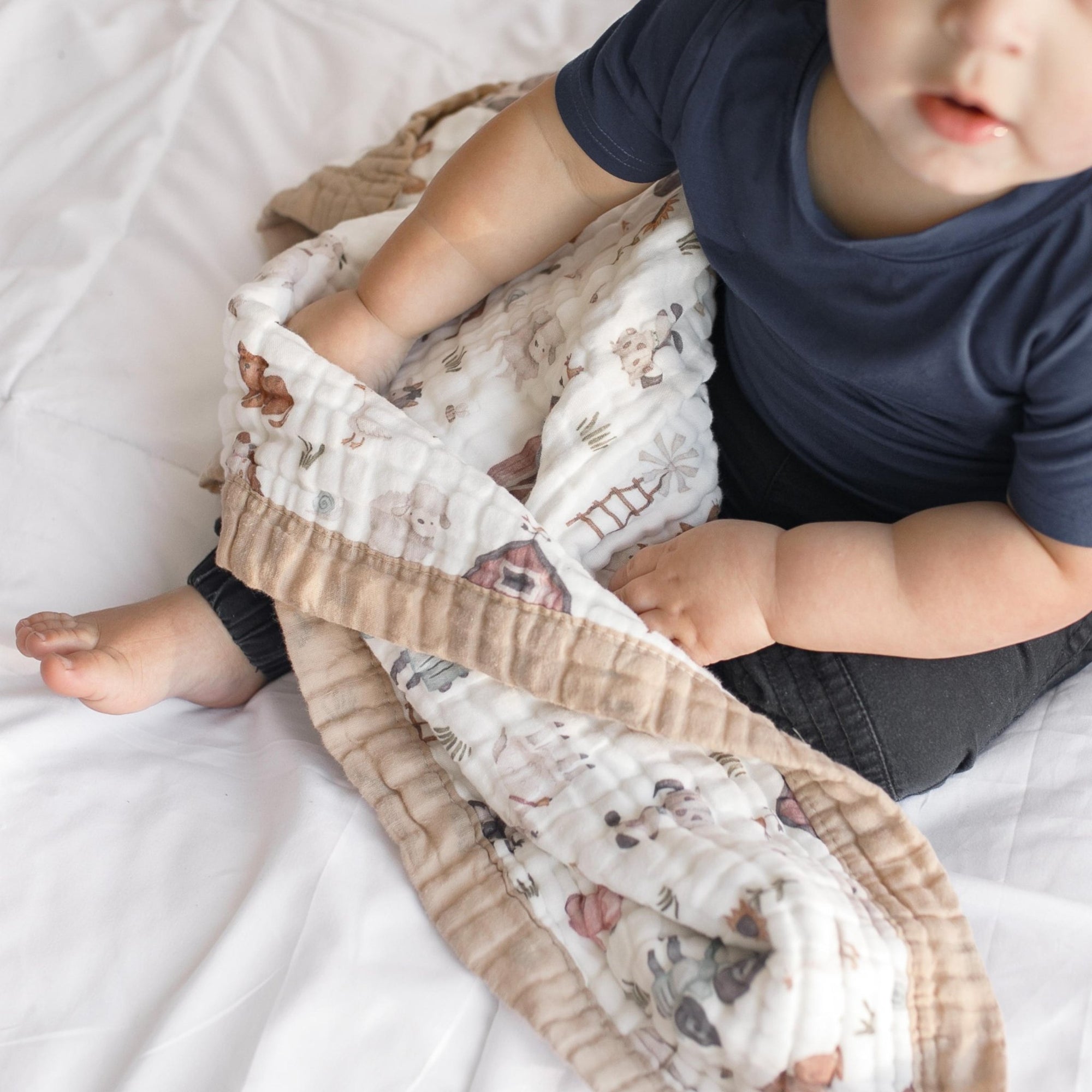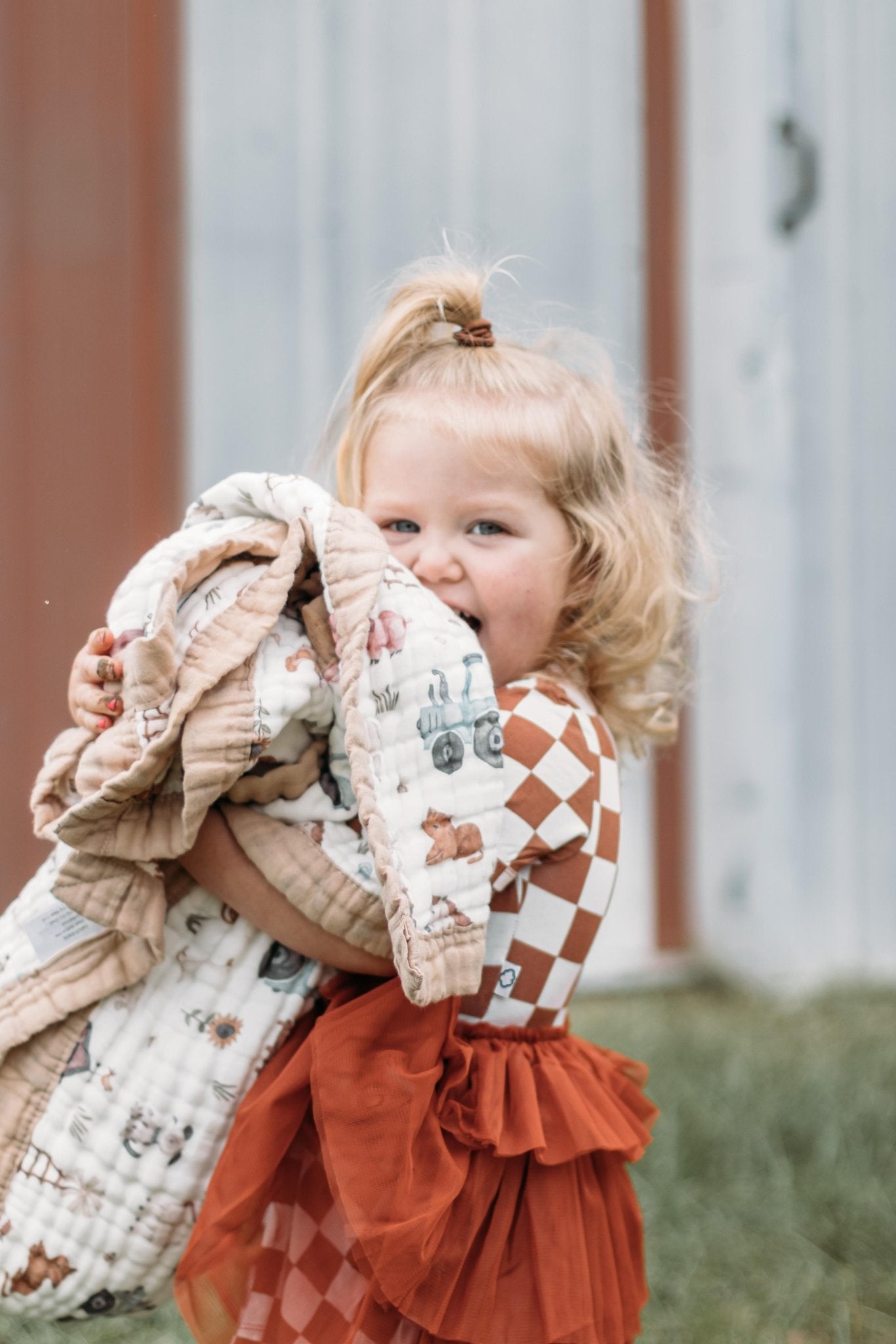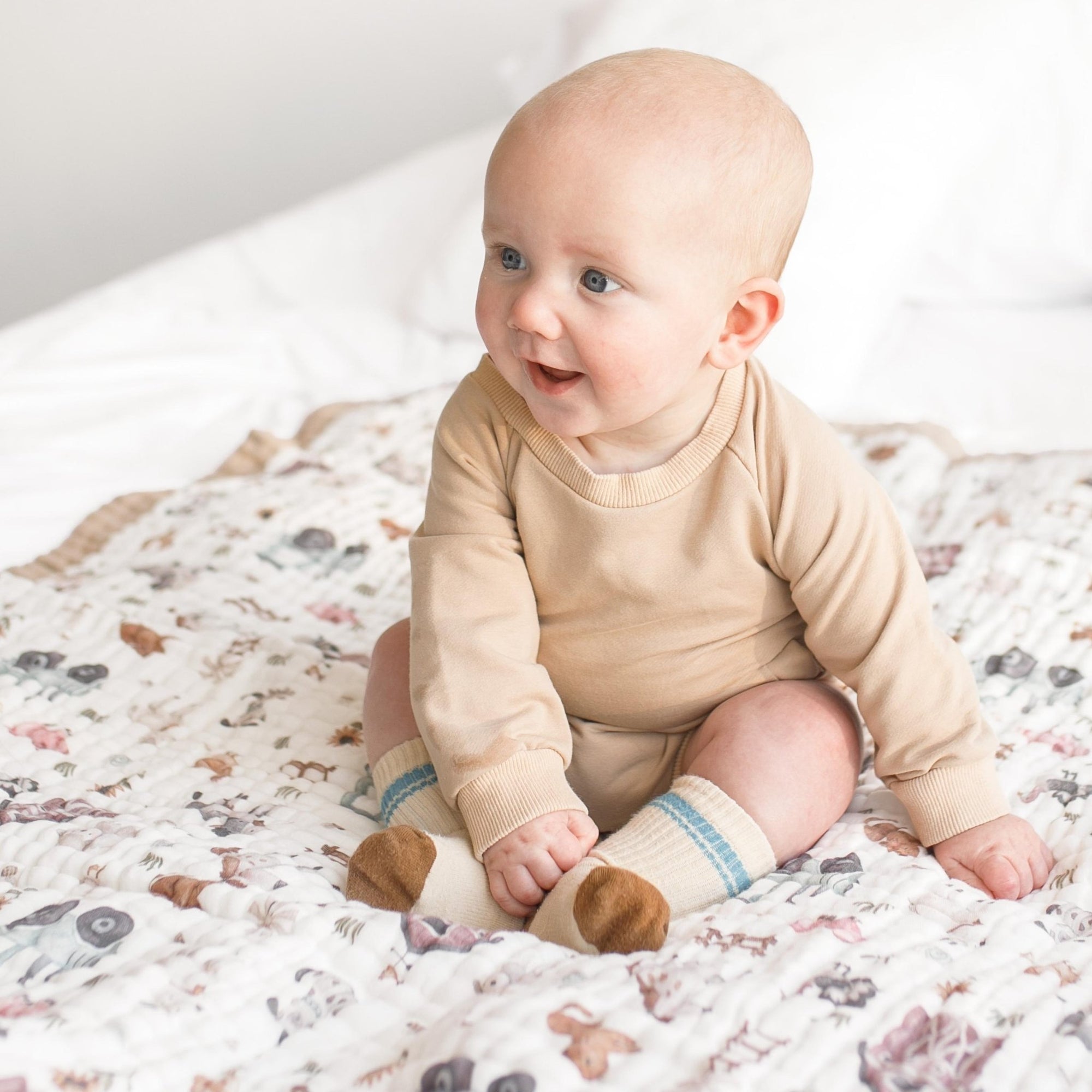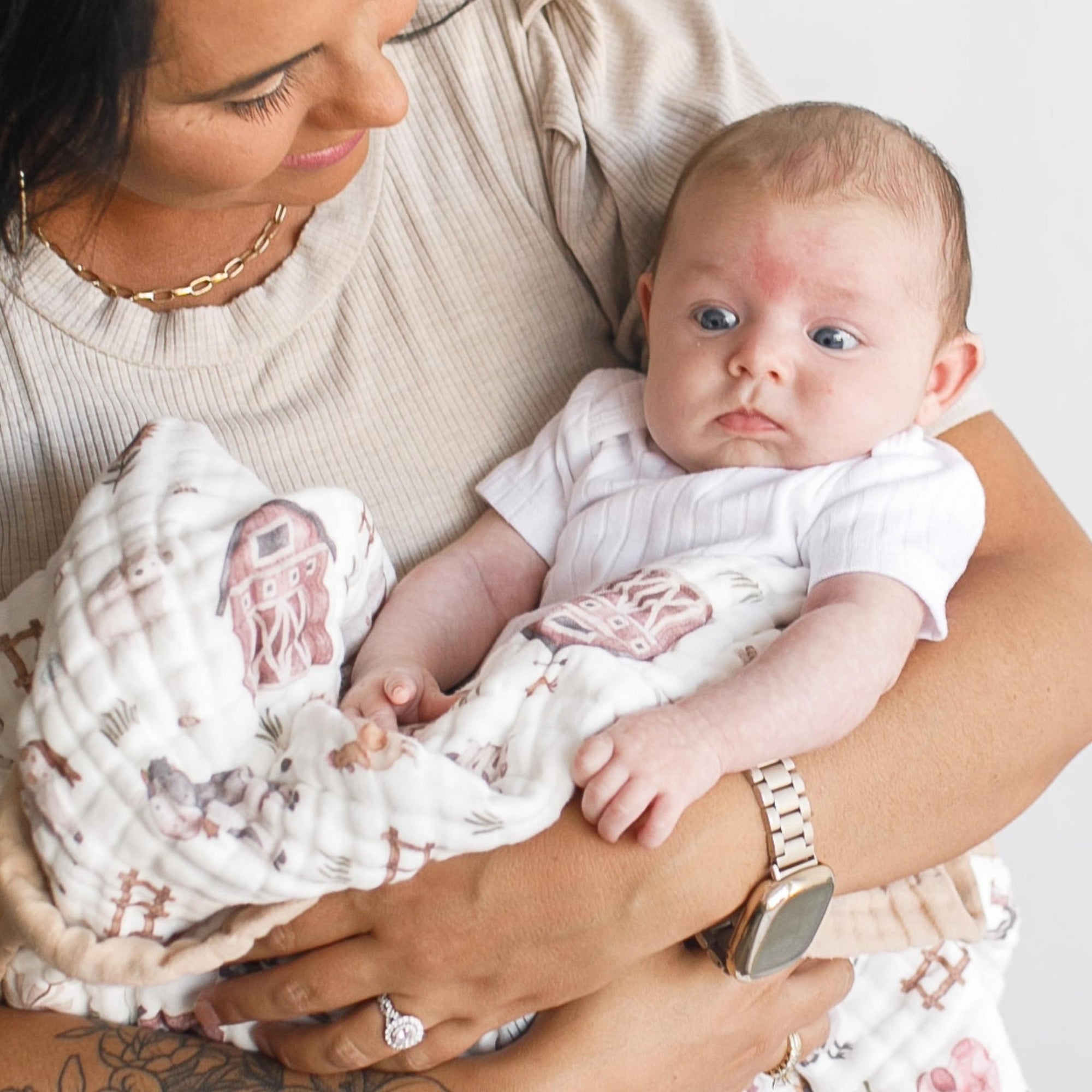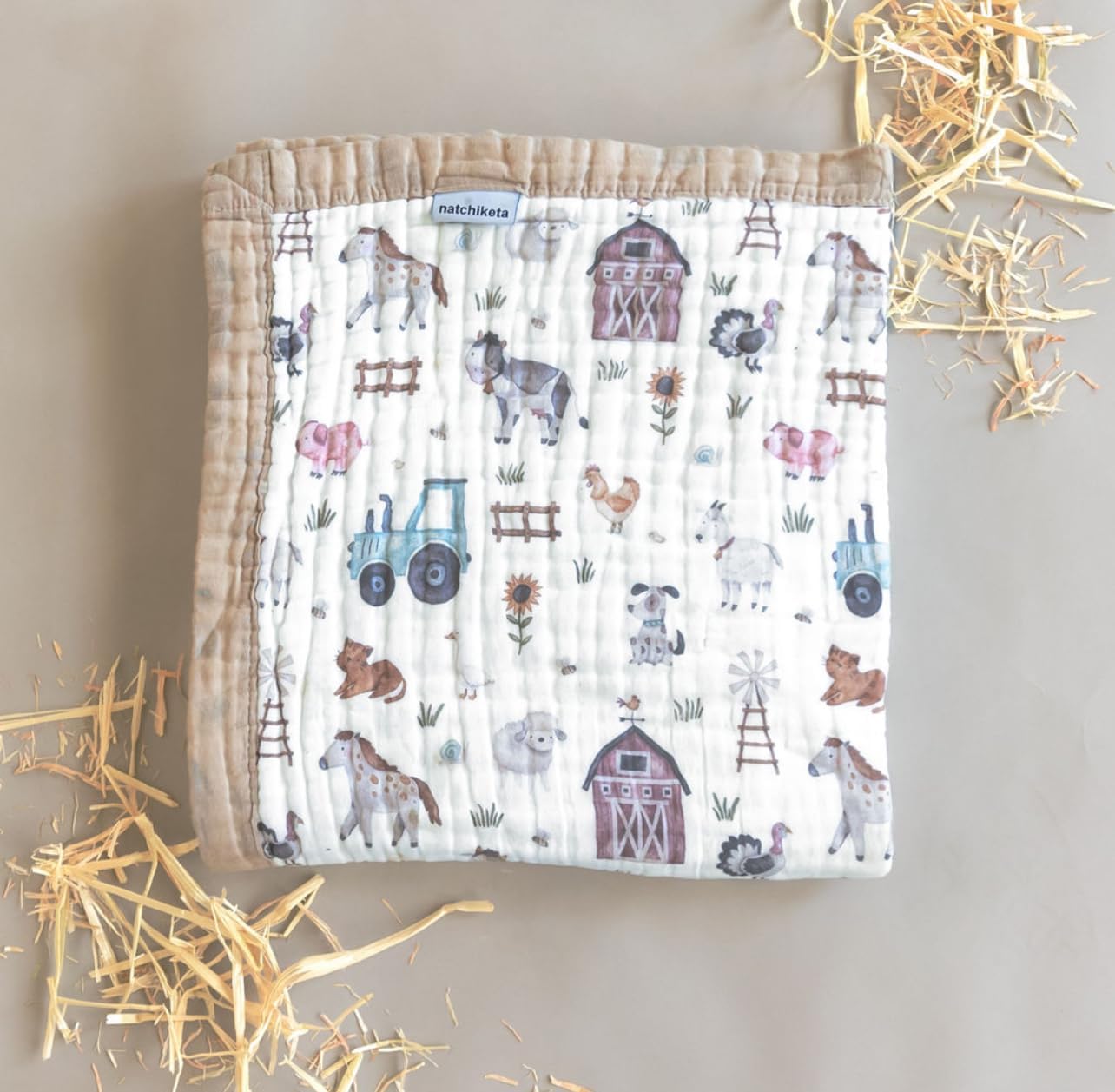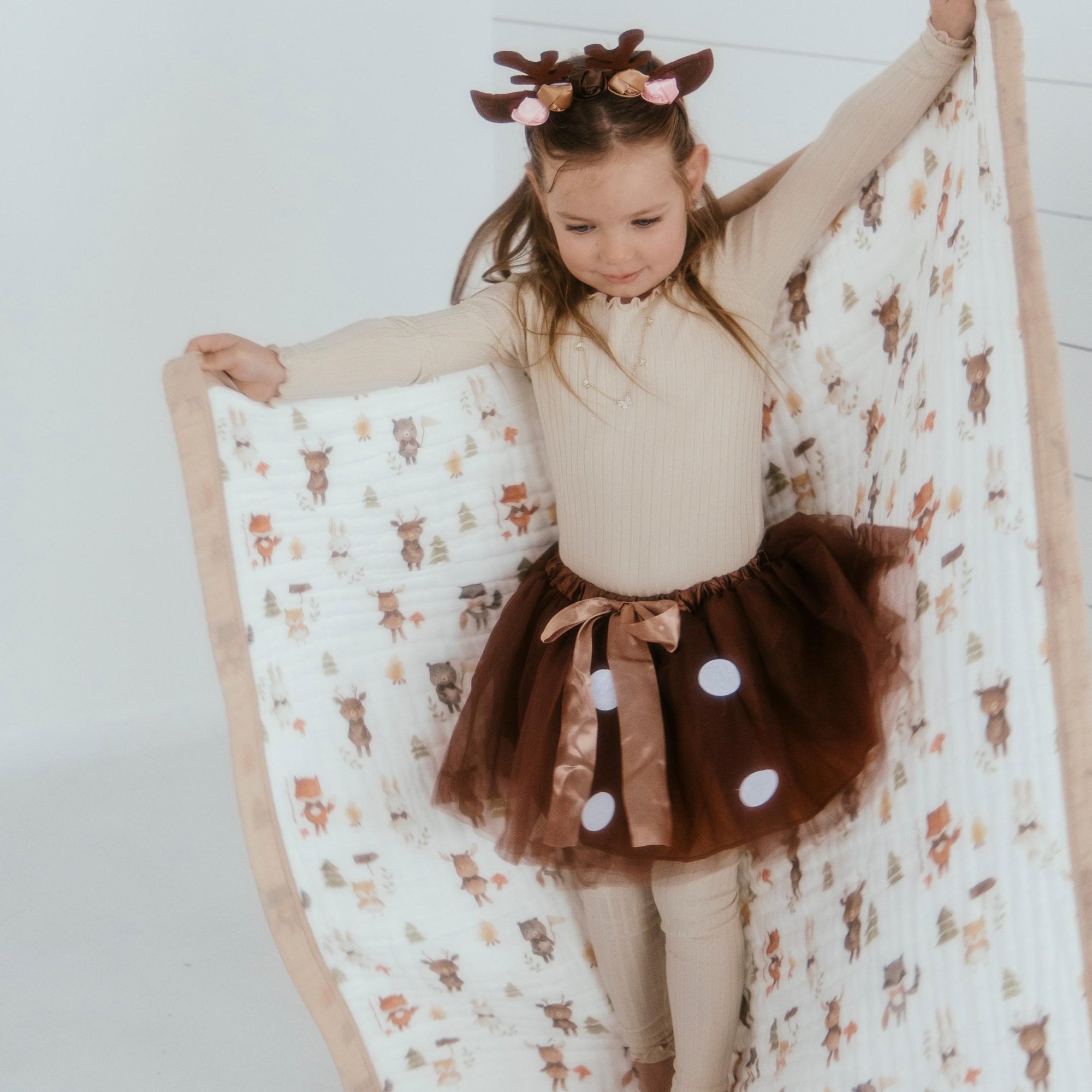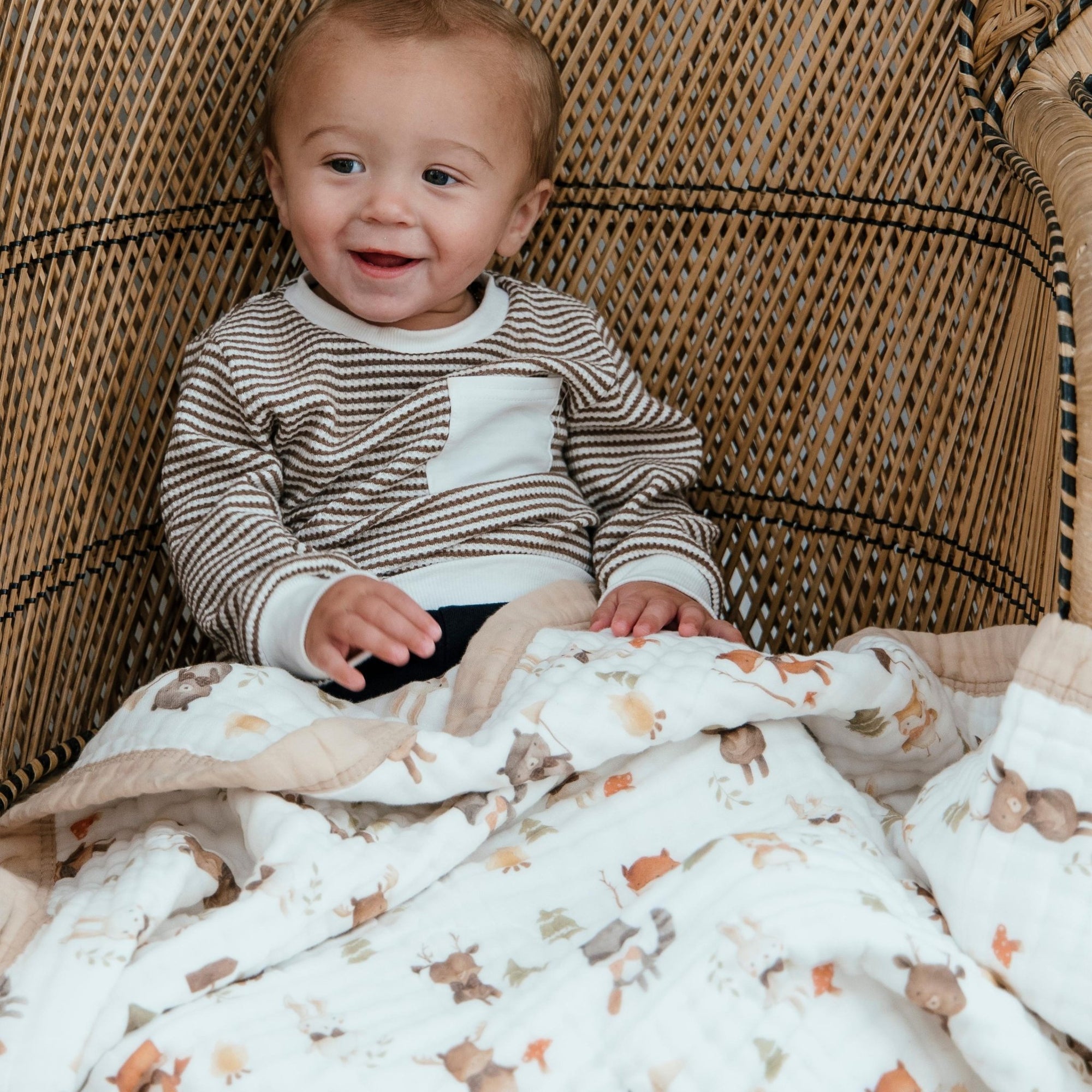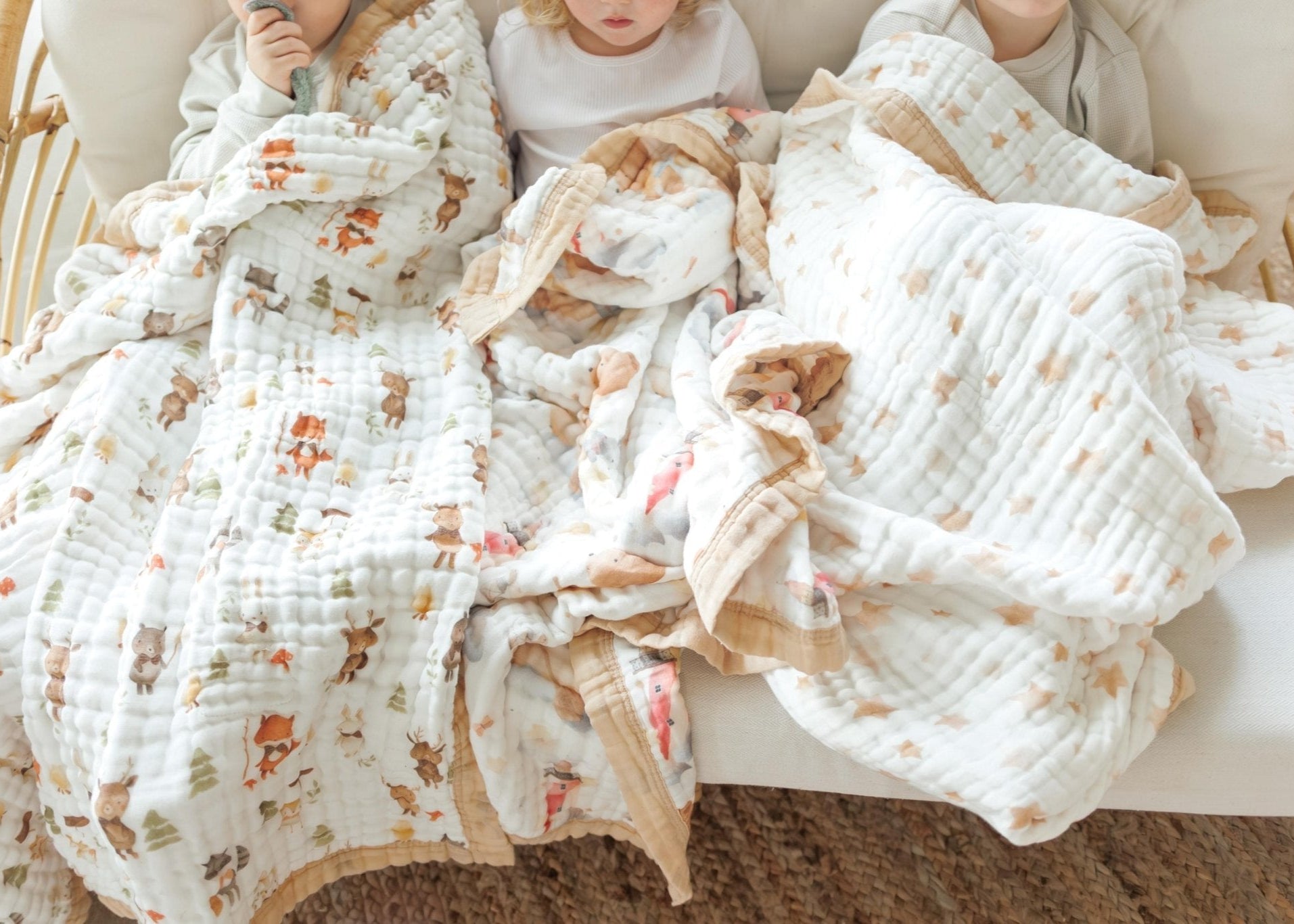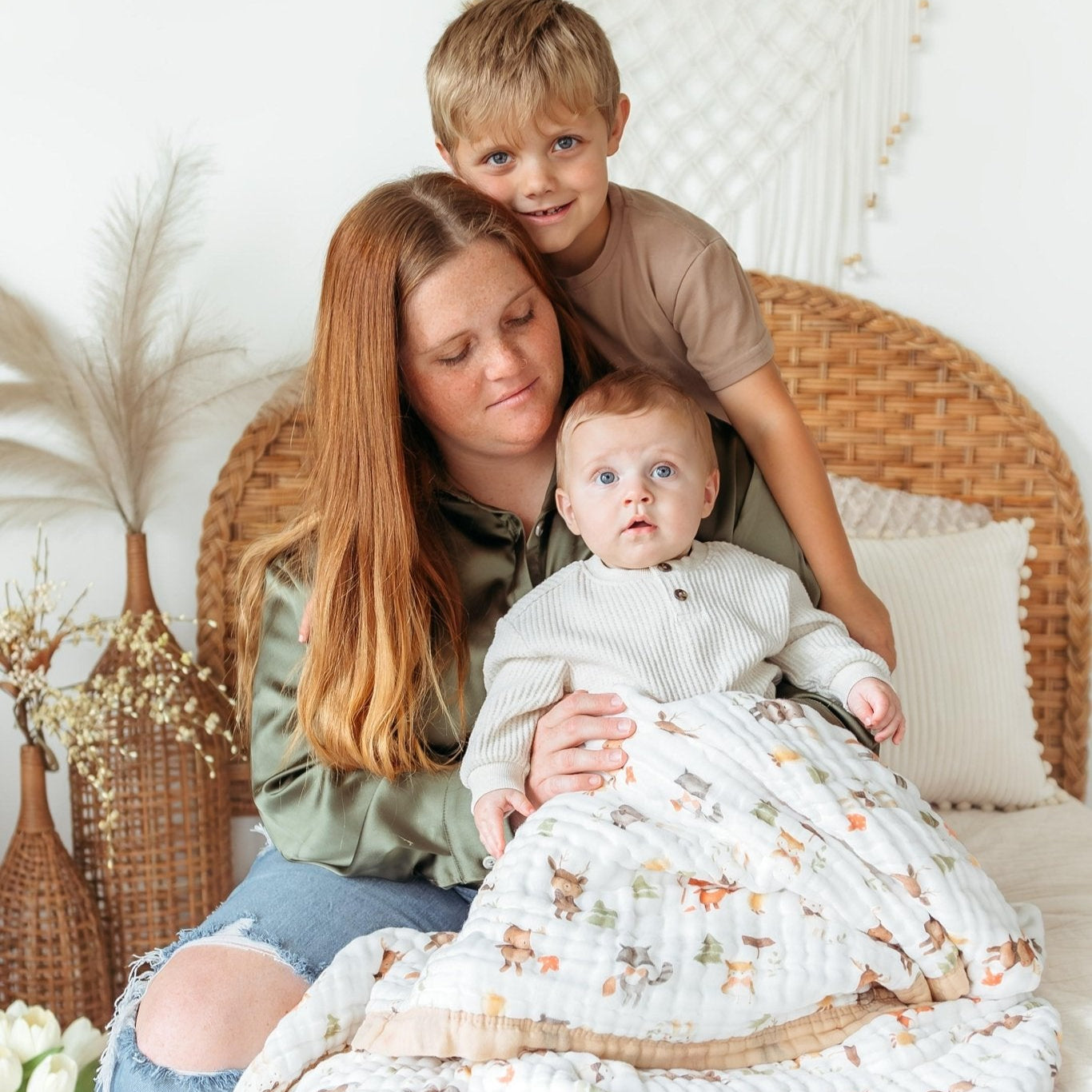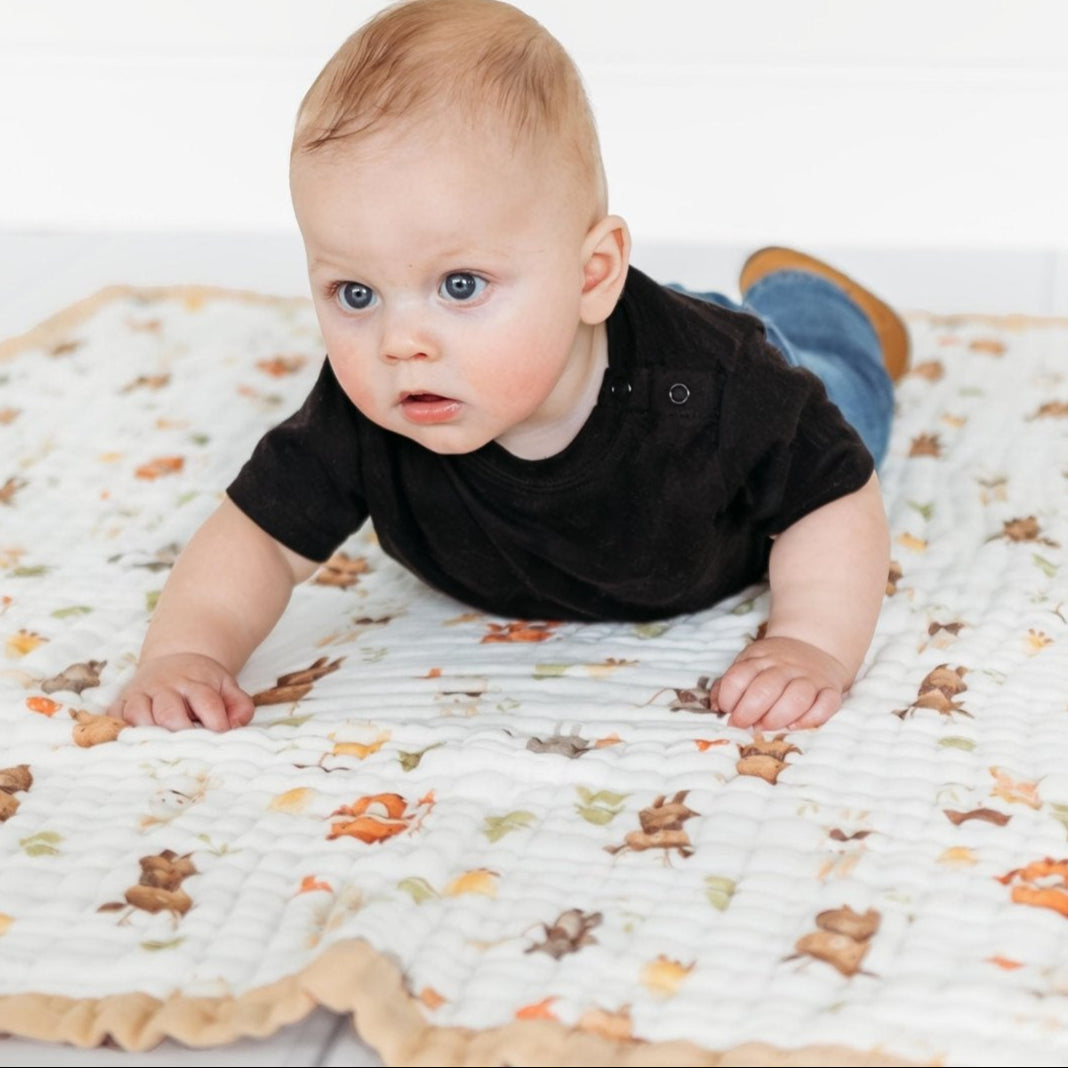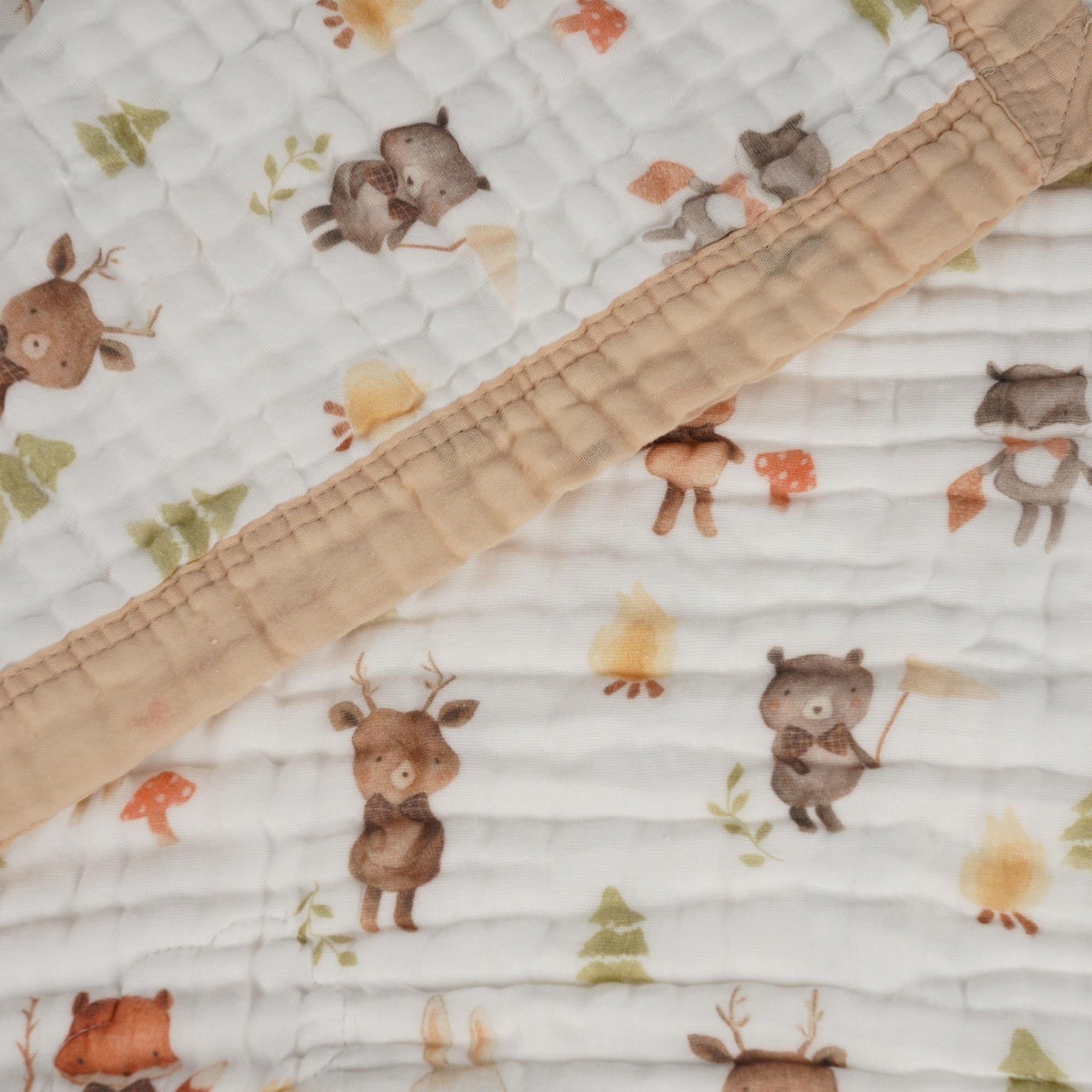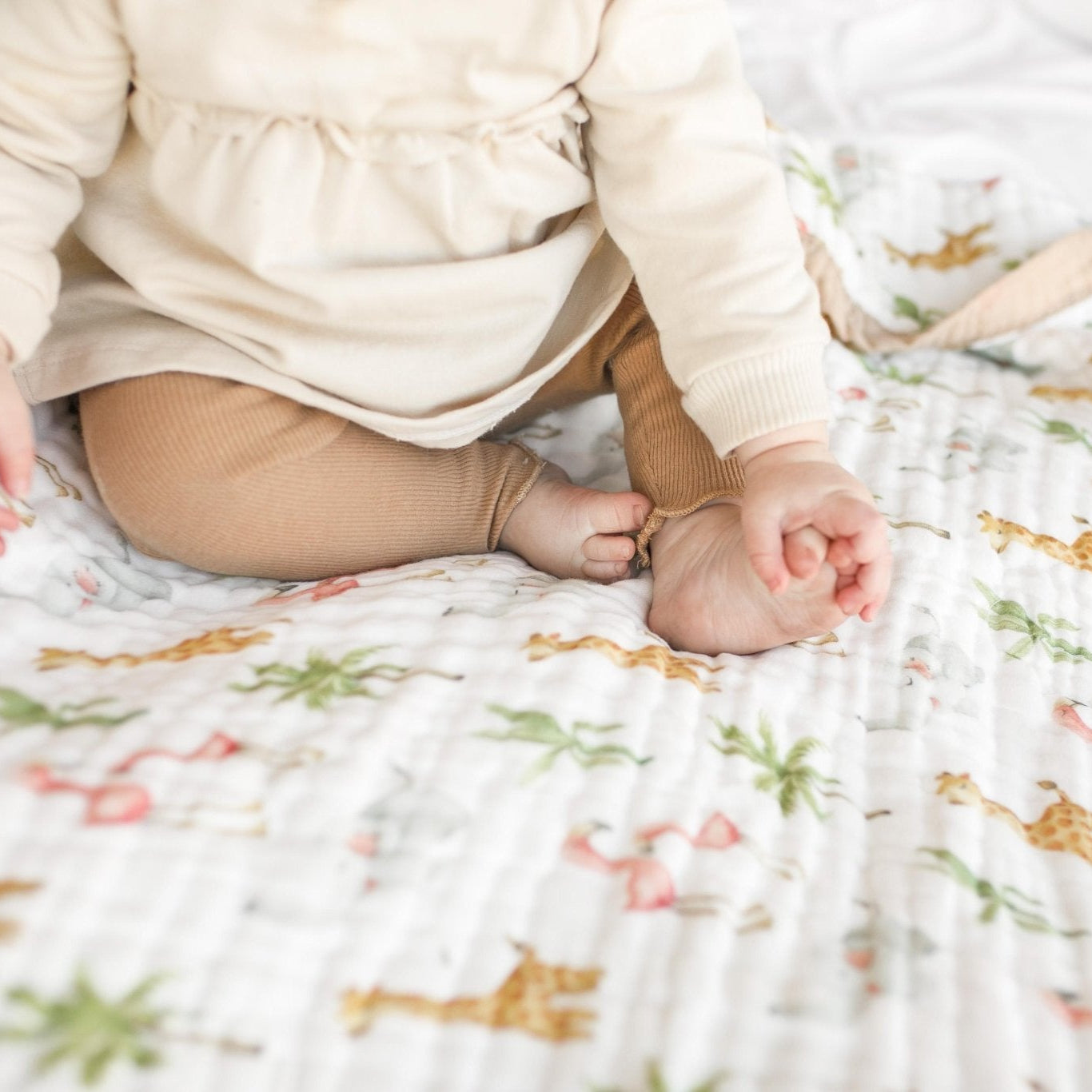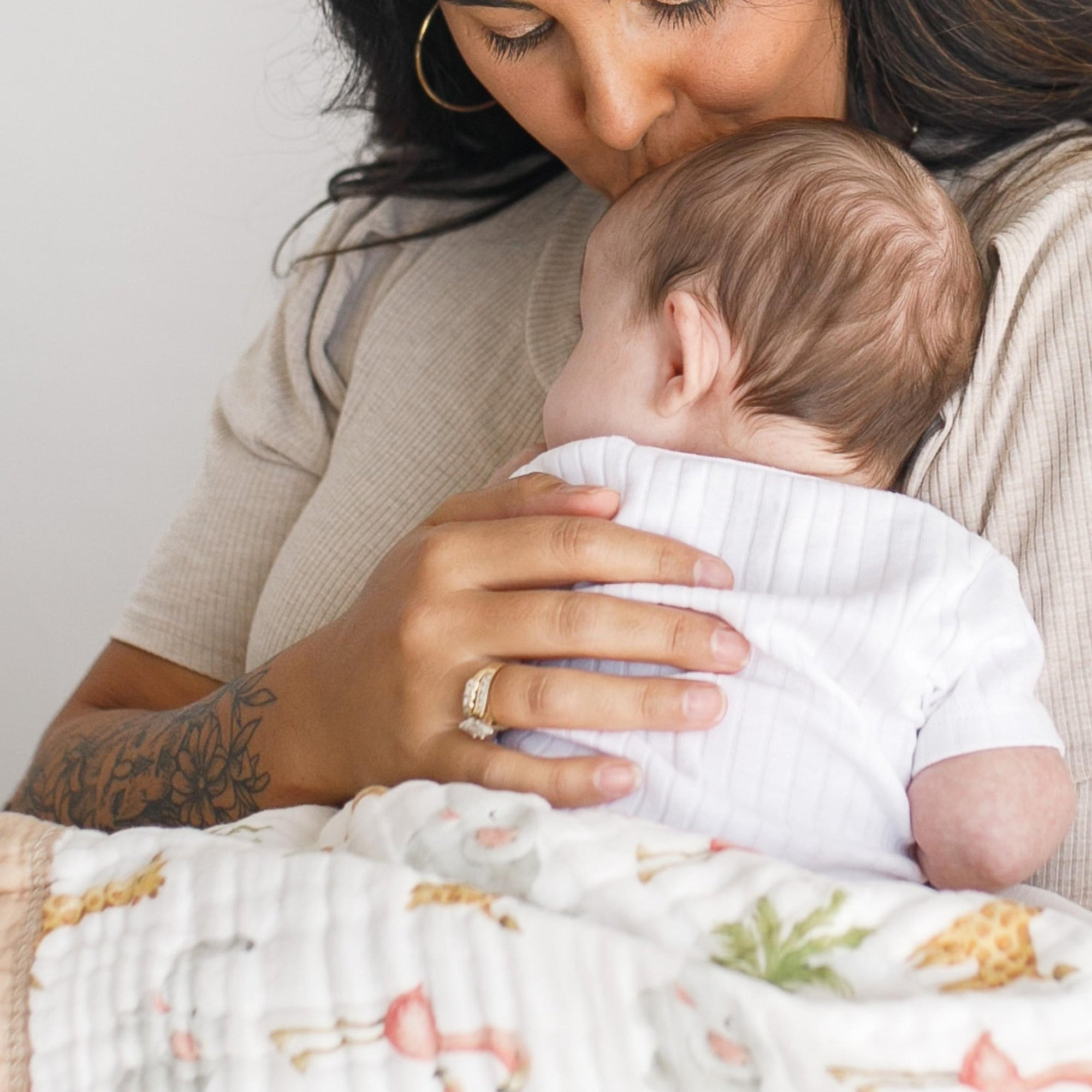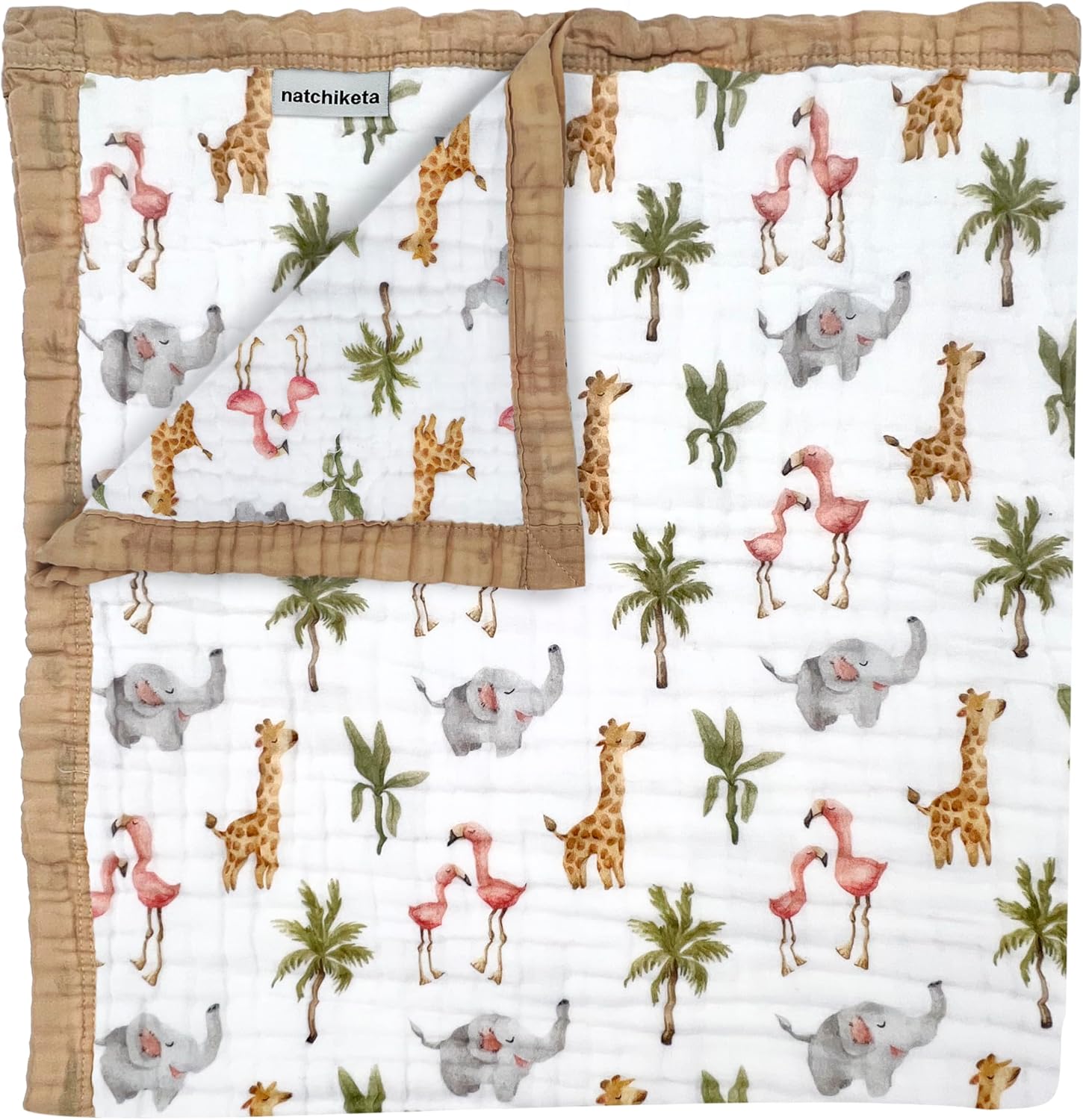🪴 The Psychology Behind Chores and Confidence
Children benefit enormously from early responsibility. According to an 85-year longitudinal study by Harvard University, adults who did chores as children were more likely to succeed professionally and lead happier lives. The key? A childhood sense of contribution and competence.
The American Academy of Child & Adolescent Psychiatry also emphasizes that chores boost children’s self-esteem, improve frustration tolerance, and build life skills critical to future independence (aacap.org).
So, when should you start chores with your child? Most experts agree that around age 2 is an ideal starting point. At this age, toddlers begin showing natural curiosity and eagerness to imitate adult behavior. According to a study published in Parenting: Science and Practice, children as young as 18 to 24 months demonstrate a desire to help and engage in shared tasks when encouraged through praise and positive reinforcement. Early involvement strengthens neural pathways tied to task switching, coordination, and emotional regulation.
Chores don’t just shape behavior; they shape identity. When routines are infused with warmth, rhythm, and loving guidance, they become a mirror through which a child sees their capability. And that’s where Natchiketa becomes a beautiful ally.
🌟 Age-by-Age Chores Guide (2–7 Years)
👶 Ages 2–3: Early Helpers
At this stage, toddlers love mimicking adults. Short, clear, and repetitive tasks help build motor coordination and confidence.
5 Age-Appropriate Chores:
-
Place toys in baskets
-
Carry their Natchiketa blanket to the couch or crib
-
Wipe up spills with cloth
-
Put dirty clothes in a hamper
-
Help feed pets with supervision
Folding a soft, familiar Natchiketa blanket after play or rest can become a gentle introduction to responsibility — comforting in texture and empowering in intention.
🧒 Ages 4–5: Independence Begins
Preschoolers can handle multi-step tasks. Encouraging them to take ownership over small responsibilities builds trust in their abilities.
5 Chores:
-
Make their bed (with help)
-
Set the table for meals
-
Water houseplants
-
Match socks from laundry
-
Wipe table after meals
Use your Natchiketa blanket during pretend picnics or storytime setups, then invite your child to clean up. These moments of imaginative fun followed by purposeful action lay the groundwork for internal motivation.
🧠 Backed by science: Michigan State University Extension found that children who do chores demonstrate increased confidence and emotional regulation (canr.msu.edu).
🧑 Ages 6–7: Confidence Grows
By now, kids crave mastery. They can manage more responsibility and even help with simple decisions — giving them purpose within the family.
5 Chores:
-
Sweep floors or dust furniture
-
Fold and put away laundry (including their favorite blanket)
-
Help prep simple meals
-
Empty small trash bins
-
Organize books, toys, or art supplies
Folding and storing their Natchiketa blanket each morning not only promotes tidiness, but also instills a meaningful connection between caring for belongings and self-respect.
📊 Research Insight: A Journal of Developmental & Behavioral Pediatrics article found that chores improve executive function, including working memory and cognitive flexibility (ncbi.nlm.nih.gov).
🧵 Natchiketa: Weaving Confidence Into Childhood
At Natchiketa, we believe in the spiritual and practical significance of every small moment. Our baby blankets become more than bedding — they become tools of growth, soothing emotional states while supporting self-guided learning.
When a child lovingly folds their blanket, lays it out for reading time, or brings it to their parent for bedtime, they’re participating in a rhythm of care. These acts — subtle, sacred — build autonomy and trust.
In a world overflowing with stimulation, Natchiketa products ground children in the rituals of presence, comfort, and quiet accomplishment.


